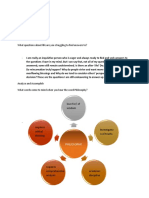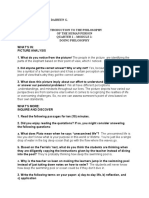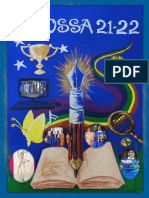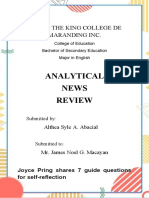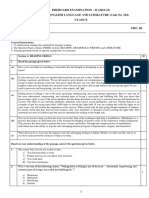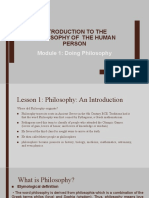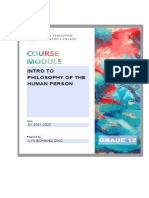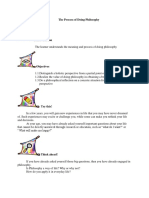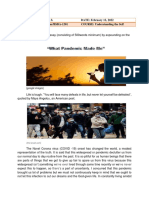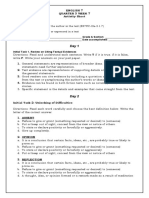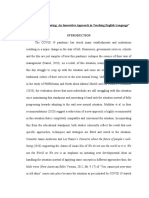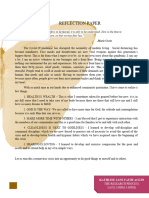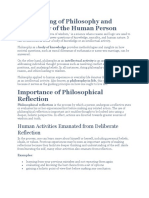0% found this document useful (0 votes)
70 views2 pagesIPHP - Module 1
The document discusses key concepts like day-to-day life, reflection, and application. It states that reflection and application are essential in one's life, as a person needs reflection to examine their thoughts and learn from experiences, while application involves putting these lessons into practice in daily life. The passage also provides examples of day-to-day life, reflection, and application.
Uploaded by
Kian CepilloCopyright
© © All Rights Reserved
We take content rights seriously. If you suspect this is your content, claim it here.
Available Formats
Download as PDF, TXT or read online on Scribd
0% found this document useful (0 votes)
70 views2 pagesIPHP - Module 1
The document discusses key concepts like day-to-day life, reflection, and application. It states that reflection and application are essential in one's life, as a person needs reflection to examine their thoughts and learn from experiences, while application involves putting these lessons into practice in daily life. The passage also provides examples of day-to-day life, reflection, and application.
Uploaded by
Kian CepilloCopyright
© © All Rights Reserved
We take content rights seriously. If you suspect this is your content, claim it here.
Available Formats
Download as PDF, TXT or read online on Scribd
/ 2
